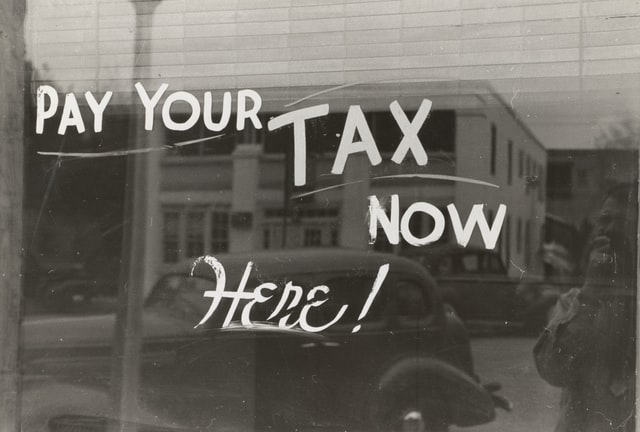How are online gambling winnings taxed?
Even though gambling is a controversial topic in India, it has always been part of the culture. To date, many still gamble on card games in major events and festivals such as Diwali. The legality and taxation has however remained a complex issue in the nation. But as the online gambling industry grows, it is becoming necessary to… Read More »

Even though gambling is a controversial topic in India, it has always been part of the culture. To date, many still gamble on card games in major events and festivals such as Diwali.
The legality and taxation has however remained a complex issue in the nation. But as the online gambling industry grows, it is becoming necessary to understand the legality and taxation of the industry.
At the moment, there is no central regulation of gambling in India. Each state has the power to decide whether it should be allowed or not, including how it should be done if allowed. But even with this, only states like Sikkim and Goa have legal brick and mortar casinos operating. Many other states do not have.
For online gambling, there are really no regulations. Casinos in India are not allowed to create or promote sites that offer gambling of any kind. However, there is one legal online lottery in Sikkim that allows the participation of people from other parts of the country.
It is through the lack of strict guidance on online gambling that offshore companies have been able to create online betting and casino sites for Indians. These sites are run from outside the country and they accept payments in rupees and some even offer Indian languages. Several of these sites have become popular in Indian and are expanding their reach daily.
While many are yet to understand how winnings from such sites should be taxed, onlinecasinoguide.in offers detailed instructions on how to declare taxes on online casino winnings. We have explained more below.
What law makes online casino winnings taxable?
Taxes from the winnings on online casinos are supported by the Income Tax Act of 1961. Section 115B of the Act says that winnings from lotteries, race betting, crossword puzzles, games, and betting or gambling of any nature should be taxed at a flat rate of 30%. The Act does not provide an exemption to Section 115B.
According to the normal taxation rules from the Act, income below Rs. 5,00,000 or Rs. 2,50,000 depending on the structure are exempted. But winnings from online gambling as declared by section 115B will be taxed without considering the total amount gotten annually.
This means that if you make a total winning of Rs. 1,00,000 in a year from online gambling, you have to pay Rs. 30,000 (30% of Rs. 1,00,000) as tax.
In practice, when a player withdraws more than the sum of Rs. 10,000, many casino sites follow the policy of applying 30% TDS (tax deducted at source).
While on some other casino sites, the 30% TDS may not be charged. These sites would allow players to withdraw the full money. It then becomes the responsibility of players to declare and pay the tax on the casino winnings when they file their yearly income tax return.
If a player refuses to declare winnings when taxes are not deducted by the casino, they are held responsible and not the online casino.
Good and Services Tax on Online Gambling
According to the Central Goods and Service Tax notification of 28 June 2017, all services that pertain to an entry into a casino is chargeable with a GST of 28% on the gross amount taken as entry fee. You can read more about this on howtoexportimport.com.
In January 2018, it was made clear that the 28% tax applies not only on entry to casinos but the gambling fees and all other services rendered by the casino which may include the supply of drinks and food.
This does not pertain to online casinos as they cannot offer other services like the supply of drinks and food. There is a clause for “any other services not explicitly listed” and any all other operations that fall within this category are subject to an 18% fee.

